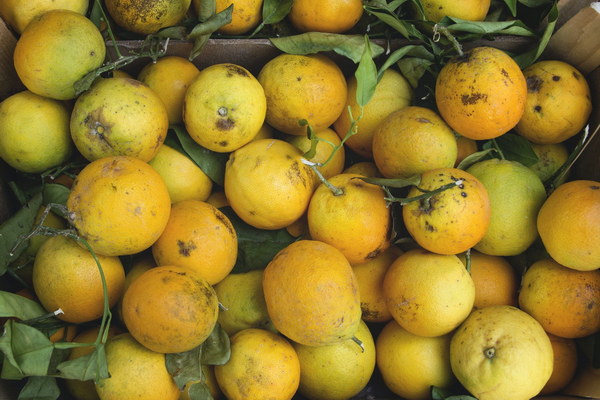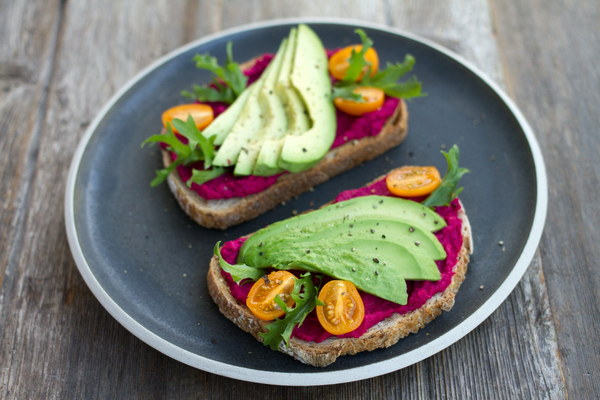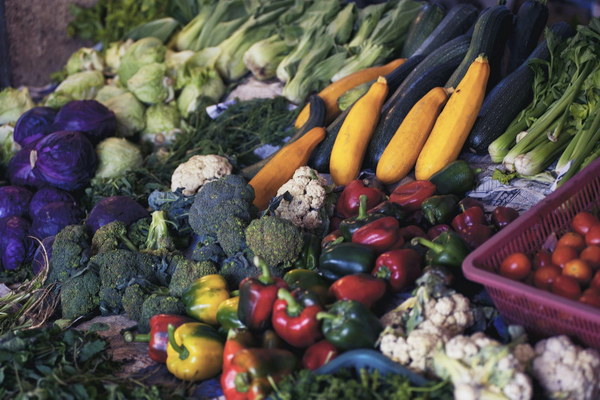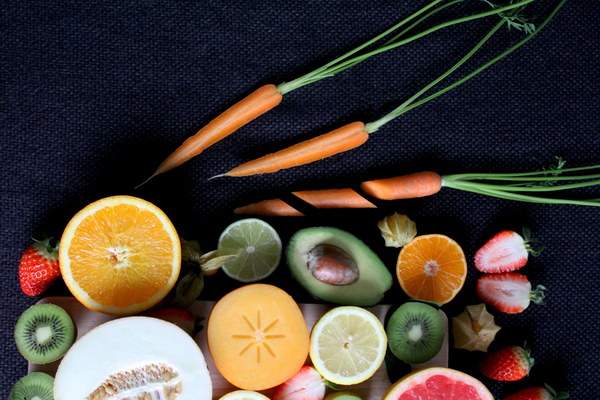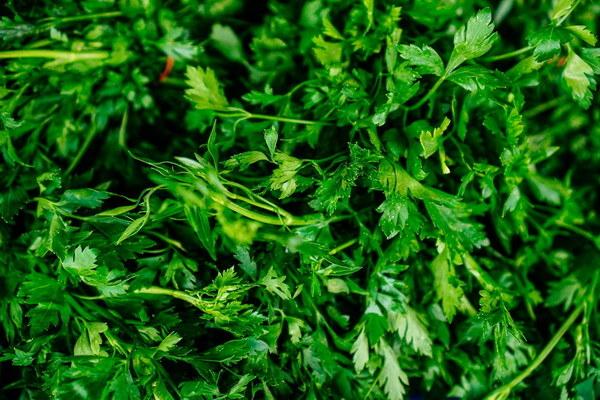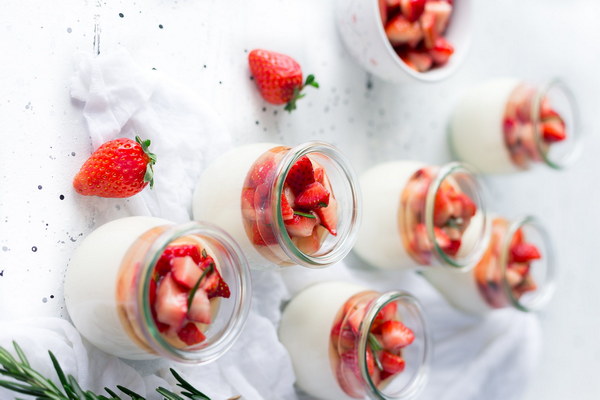Natural Remedies for Headaches A Dietary Approach to Pain Relief
Introduction:
Headaches are a common ailment that can disrupt daily life. While over-the-counter medications can provide temporary relief, they may come with side effects. A natural alternative is to incorporate specific foods into your diet that can help alleviate headache symptoms. In this article, we will explore the benefits of certain foods and nutrients that can aid in reducing headaches and promoting overall well-being.
1. Hydration: Water is essential for maintaining brain health and preventing headaches. Dehydration can lead to tension headaches, so make sure to drink plenty of water throughout the day. Carry a reusable water bottle and aim to drink at least eight glasses of water daily.
2. Magnesium: Magnesium is a mineral that plays a crucial role in muscle and nerve function. Low magnesium levels have been linked to migraines and tension headaches. Foods rich in magnesium include almonds, cashews, black beans, spinach, and avocado. Aim to incorporate these into your diet regularly.

3. Omega-3 Fatty Acids: Omega-3 fatty acids have anti-inflammatory properties and can help reduce headache symptoms. Foods high in omega-3s include fatty fish such as salmon, mackerel, and sardines, as well as flaxseeds, chia seeds, and walnuts.
4. Coenzyme Q10 (CoQ10): CoQ10 is an antioxidant that has been shown to reduce the frequency and severity of migraines. It can be found in foods like organ meats (liver, heart), fish, and nuts. Consider taking a CoQ10 supplement if your diet doesn't provide enough.
5. Turmeric: Turmeric contains a compound called curcumin, which has anti-inflammatory properties. Incorporate turmeric into your diet by adding it to curries, soups, or smoothies. You can also take a curcumin supplement for added benefits.
6. Dark Chocolate: Dark chocolate contains magnesium and flavonoids, which can help reduce inflammation and improve blood flow. Choose dark chocolate with at least 70% cocoa content and enjoy a small piece daily.
7. Peppermint and Lavender: Peppermint and lavender essential oils can be used topically to alleviate headache pain. Apply a few drops to your temples or the back of your neck for a natural headache remedy.
8. Fermented Foods: Fermented foods like yogurt, kefir, sauerkraut, and kimchi contain probiotics that support gut health. A healthy gut can contribute to a reduction in headaches. Incorporate these foods into your diet regularly.
9. Avoid Headache-Triggering Foods: Some people may be sensitive to certain foods that can trigger headaches. Common culprits include caffeine, alcohol, processed foods, and artificial sweeteners. Keep a food diary to identify any potential triggers and eliminate them from your diet.
Conclusion:
Incorporating specific foods into your diet can help alleviate headache symptoms and improve overall health. By staying hydrated, consuming magnesium, omega-3 fatty acids, and other beneficial nutrients, you can reduce the frequency and severity of headaches. Additionally, using essential oils and avoiding trigger foods can further support your quest for natural headache relief. Remember to consult with a healthcare professional before making significant changes to your diet or starting any new supplement regimen.
